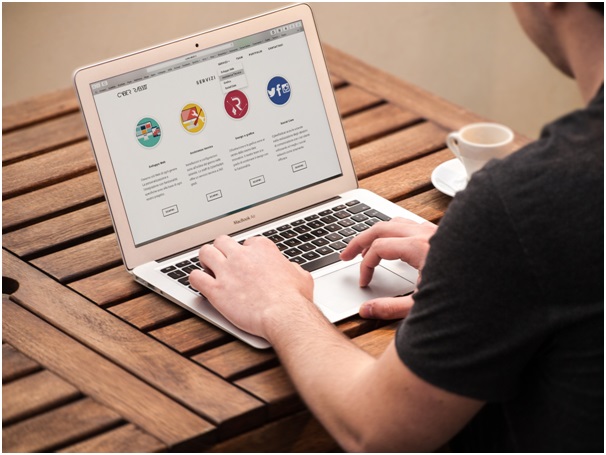Visiting foreign websites - how to stay safe?
Every user can now easily surf the international web and get access to websites in any place around the globe. Even though the boundaries between the countries get more blurry every year, in the digital sense, you still need to stay careful and cautious when using platforms that are based on foreign domains. Find out how to take care of your safety online.

Never forget about the right software
When you're an active user of the Internet, you will always put yourself at some risk. One of the most common threats that Internet users face is being hacked and having some personal data stolen. You might get yourself in trouble when connecting with public Wi-Fi, logging in on some suspicious platforms or setting up an account and providing your data yourself when you are not certain of the website. That's why you always need to stay cautious and be able to protect yourself as effectively as possible.
One of the basic ways to protect yourself online is through the use of the right software. This means a VPN service and antivirus software. Both protect your devices from malware, viruses, hackers and different kinds of online threats. Additionally, a good VPN service ensures anonymity - your IP address cannot be located, which might bring some benefits, like access to websites that are limited due to geolocation.
A private connection that you have due to a VPN service is a great protection that every Internet user can benefit from, no matter where they are currently located. This means that such a piece of software is a must when you are surfing the international web, or visiting foreign websites. How to choose one? The How To Geek article explains it all. With a VPN service, you might do it privately and stay safe from hackers and scammers. If you add a piece of reliable antivirus software, you will be protected from malware and viruses that might infect your device when you operate on foreign platforms in foreign languages.
Always check the website's protection
No matter if you are visiting a domain in your mother tongue or scrolling through some foreign websites, you will always be able to check if a given platform has at least some basic security. How? It's in fact really simple. All you need to do is to look at the address bar that is located at the top of any website. It's the place you enter a name of a domain. What should you look for? Two things indicate whether a site has basic protection of traffic between a user and a website. The first one is the symbol of a locked padlock.
If a padlock is open or there is a warning triangle with an exclamation mark inside, this means that the connection is not secure. Another thing is the sequence of letters at the beginning of the website's address. If it starts with HTTPS rather than HTTP, it means that a website is protected with an SSL protocol - read more about it in the Cloudflare article.
This way of checking a website is one of the easiest as it works on all kinds of domains. Even when you are visiting certain foreign websites, including ones in foreign languages, you can use this method to check the site. No matter if the platform is in English or Thai, it's important to always check the domains.
Especially when you are about to register or sign up, and even more when you are connecting with your online bank account - this refers to shopping online and various forms of entertainment all around the world. You might be visiting an online casino in Asia, and you still will be able to tell if the sites are protected, at least on a basic level. When you enter a platform such as Asiabet, even though it's in the mother tongue of the country you're in, you can check that the SSL protocol is there. Together with other means of protection, thoroughly explained rules, positive opinions and security measures, you can be sure that a site you are about to use is completely safe and fun to use, play and win some real money.